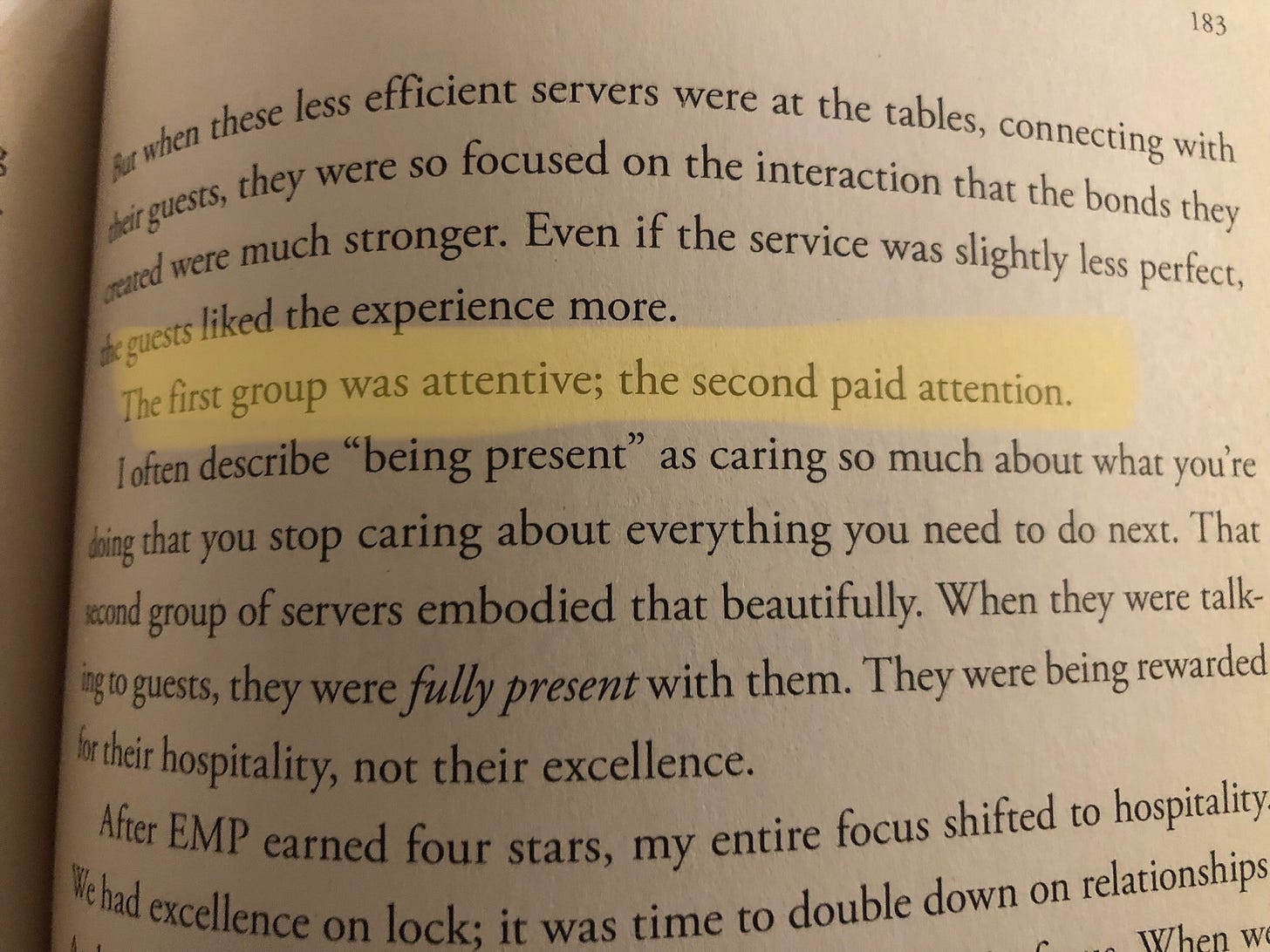I already wrote something about housekeeping back in January that 1) had a fun title, and 2) had a heartfelt, practical takeaway. For someone who routinely kills houseplants and cannot figure out why machines that exist to clean other things also have to be cleaned, this seems like a “leave well enough alone” type of situation. I’m not sure which idea strikes more fear into my heart: entering a haunted corn maze or opening a copy of one of the Theology of Home books. I know, I know, I’ve heard great things about them (both the mazes and the books, actually), but I just can’t bring myself to do it.
Why return to housekeeping, a topic that gets all sorts of attention from qualified minds, when it is so very much not in my wheelhouse?


Two reasons. First reason: when I wrote back in January, I did not know that this house was about to become home to another person. That’s going to make a woman think about housekeeping, whether she wants to or not. I’m at that point of pregnancy (beginning of third trimester) when people are going to start asking me if I’m “…ready to have the baby?” and, spoiler alert, the answer is “no.” Ready? I’ve never been ready. Ready to not be pregnant anymore? Sure. Right around the beginning of September, I will be ready for that. Ready for a whole new person to come home and live with us, for… ever? LOL. No. Not even kind of. Good thing “ready” is not a prerequisite.
I am both very tired and doing things like scouring the garage for finishing nails at 7:47 p.m. because I need to frame and hang children’s artwork in their bathroom (which does double duty as the guest bathroom). For the two years we’ve lived here, I’ve done nothing to that room, but something had to be done RIGHT THEN.
Second reason: while I was picking my way through our bombed-out kitchen (this was before the framing incident), batting away comparisons, a thought surfaced that sounded like, “I’m not sure what use it would be to pretend I’m not half a disaster most of the time, anyway.”
Not the first time I’ve had a thought like that, but it’s evidence of this stubborn link in my mind between “a nice-looking house” and “pretending that everything is just fine, thank you.” Tidying up = sweeping things under the rug. That is the kind of subconscious deliberative that needs refuted.
Can a clean house be pretense, a false face to the world? Sure, in the way that everything else can be pretense. Doesn’t mean we shouldn’t do the dishes, though, for the sake of “keepin’ it real.” You can scrub your cabinet faces resentfully or *not* scrub your cabinet faces resentfully. The purpose of housekeeping isn’t pretense. The underlying reason to clean the grime off the seal of the washer door or to hang up thrift-store frames in the bathroom or clean the cabinet faces is very simple: housekeeping is about making the people that you care about feel at home.
I recently read Unreasonable Hospitality by restauranteur and entrepreneur Will Guidara, mostly because Jonny brought it home in his stack of “teacher book club books” for next year. Why are these teachers going to read a business book by a restaurant guy? He’s since left the “biz,” but Guidara was one of the minds behind Eleven Madison Park, an NYC fine dining establishment that earned the accolade of World’s Best Restaurant while he was general manager. I knew nothing about fine dining, and I had to piece together the experience from the details in the chapters—you sit and eat seven to twelve teeny-tiny courses, which are all brought to you on separate plates with new utensils; this experience takes several hours and I’m not even going to start talking about how much you pay for it. In one of his pre-Eleven Madison Park gigs as a general manager, Guidara helped fill in for wait staff when needed. This experience gave him the insight that good servers are attentive—they execute their tasks well. Great servers pay attention—they make the people they serve feel special, celebrated, and at home, and even if they don’t “turn” as many tables, they make more tips (total! Not just per table!).

This is great news for my fellow semi-competent housekeepers. The possibilities for Guidara’s attentive/ attention principle to play out in real life (including at a school, so good job, teacher book club) is pretty much endless. No matter what your house looks like, half-disaster to “Homes and Gardens,” you can pay attention to people in small ways that make them feel at home. Dishes and laundry and all the rest fall into these “ways,” but so do other habits of hand and heart.
Observed: everyone in my house responds better to “I’m so glad to see you!” than “How are you?”
Very simple swap. Kind of a fun experiment, actually. I think my family likes it because it’s always true and demands nothing. My oldest (a rising third grader) has adopted this method, which often presents as: “Mommy I’m so glad to see you I love you so much what are we having for dinner?”
Frankly, way better than BAM (that’s the door opening) “What’s for DINNER?”
At this point, it’s very helpful for me to remember that whenever I bring this baby home, whether or not the house is “ready” (it won’t be), she’s going to feel at home. Because there will be a welcoming committee comprised of members who desperately want to hold her, to love her, to tell her in a thousand ways, “We are so glad to see you!”
On the Calendar: Corpus Christi Sunday
🩸You are exactly where you are meant to be, and you are already doing more than you think🍞
The Gospel for Sunday is 🐂Luke 9:11b-17, St. Luke’s rendition of the feeding of the 5000, which is very fitting for the Feast of Corpus Christi. Here’s the tail end of it:
Then he said to his disciples,
"Have them sit down in groups of about fifty."
They did so and made them all sit down.
Then taking the five loaves and the two fish,
and looking up to heaven,
he said the blessing over them, broke them,
and gave them to the disciples to set before the crowd.
They all ate and were satisfied.
And when the leftover fragments were picked up,
they filled twelve wicker baskets.
Probably because I’m reading
’s book, The Catholic Table, for summer book club, it dawned on me when I read this gospel that this miracle is a precursor for what happens at mass. A priest takes the gifts of bread and wine—small though they may be—and looks up to heaven and thanks God for them. A miracle takes place, and then… there’s enough for everyone. As Chapman writes in her book, “Again, the Eucharist isn’t the symbol. The symbol is food” (44).Along the same lines,
put together a beautiful collection of Corpus Christi Processions represented in art. Also happening this week—Friday is the feast of the Sacred Heart of Jesus, and I loved reading about ’s personal devotion to the Sacred Heart in this piece:I know what it is to have your heart bleed in a way I did not as a child or even at twenty-three. I know I haven’t felt the same pain that Jesus did, and I know that he wouldn’t ask me to walk through suffering that He had not already endured. And I know that he is beside me, closer than ever, as I pass through the dark valley.
Last week’s poll indicated that the vast majority of us (81%) have attended between 1-3 events this since Easter where someone received a sacrament (the things I was thinking of was weddings and first communions and confirmations), but at least one of you overachievers has been to 7. Man. You probably have more to go, don’t you?
My books: Eucharistic Saints, A Saint A Day
Not affiliate links or Amazon links. By all means, buy the books on Amazon, I just figure you know how to get there on your own. Sometimes TAN and Thomas Nelson run deals, though!
+ Saint Sessions for YDisciple (co-written with Tanner Kalina)
We partnered with January Jane for the inspiration for the content!





hahaha... the part about the kid not going straight to "what's for dinner". That actually would be so much nicer to hear. Might run an experiment here too. Might be similar to me telling a whiny child that I want to help him, but it's hard to help when I can't understand whining. Those little shifts can just make it work.
I love the idea of the slight change of vocabulary that subconsciously changes the tone of an interaction. I'm going to be glad to see you guys when I see you.